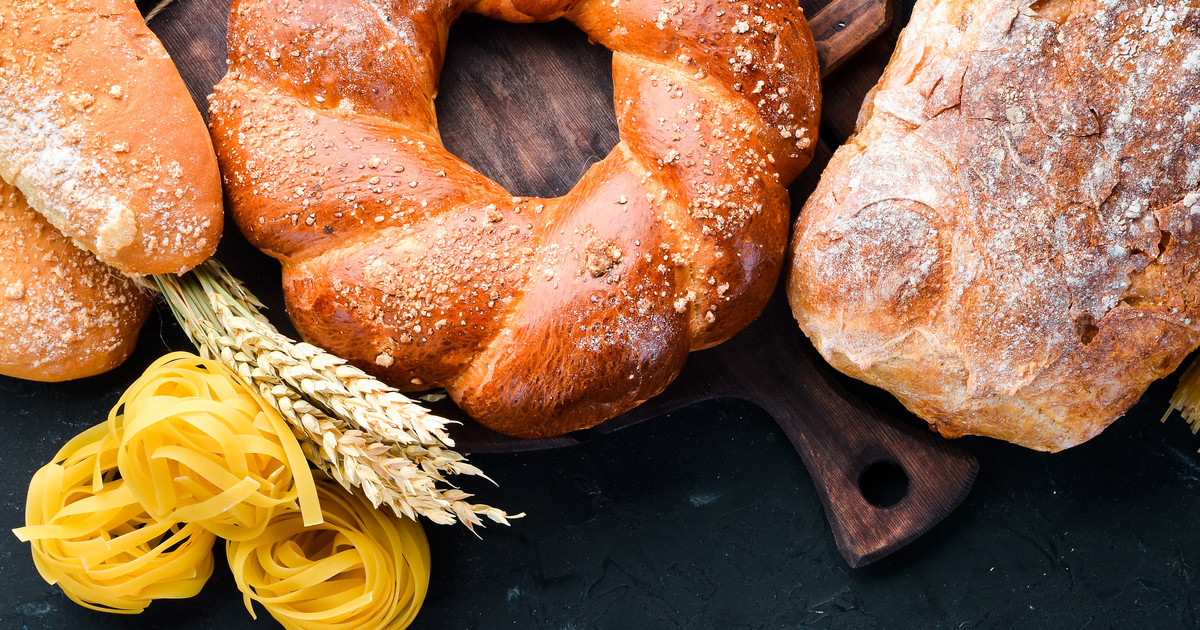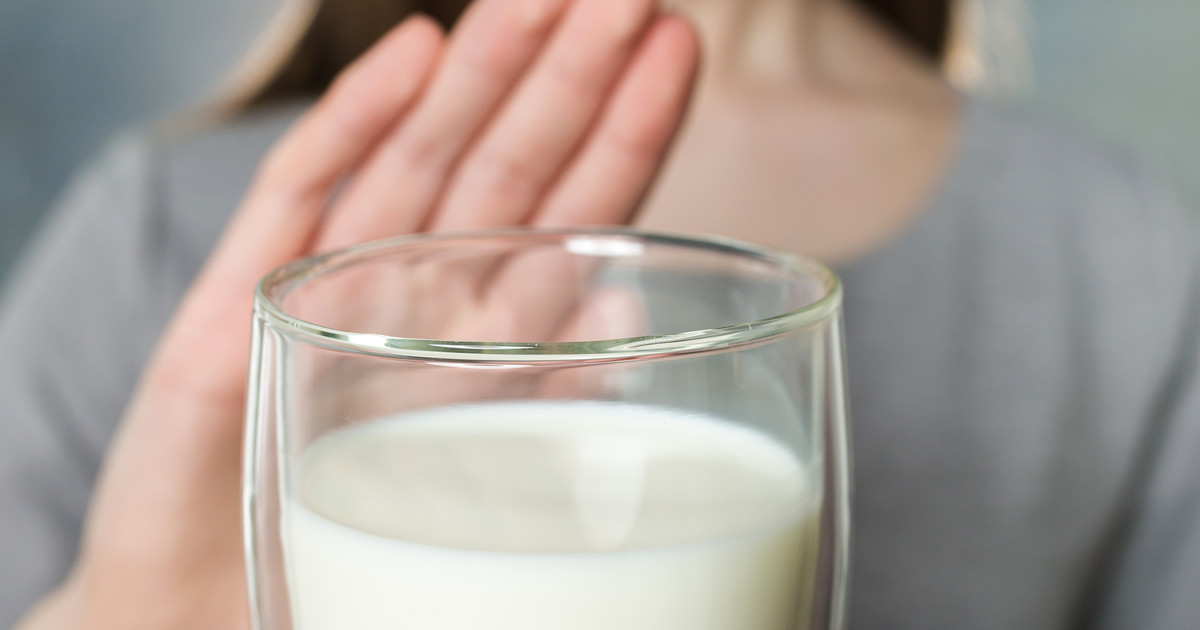Understanding Foods To Avoid On The Whole30 Diet
The Whole30 diet, which Melissa Urban created in 2009, involves only eating unprocessed food. Individuals on this diet usually follow it for thirty days. They are supposed to eat healthy fats, meat, eggs, seafood, fruit, and vegetables. This diet claims to improve digestion and metabolism. Thus, it is also supposed to assist with weight loss.
The Whole30 diet may help individuals find out if they have food allergies. Thus, they will know if they need to take allergy meds or not. Of course, the Whole30 may be tough for some individuals. It can also be expensive. Thus, individuals may wish to consider a cheap Whole30 meal plan or look at Whole30 frozen foods. These may help make the diet a little easier to follow.
Dairy Products
Dairy products can trigger severe inflammation in the body, including significant bloating. Individuals can feel quite uncomfortable if they eat dairy. Certain individuals with sensitivities to dairy can experience fatigue. Frequent sinus infections may also occur. Individuals who eat dairy products may even realize that it can trigger flare-ups of eczema and acne. Other inflammatory skin conditions may also worsen. If individuals want to have a shot at fixing this, they will have to avoid all dairy products on the Whole30 diet. Although individuals can consume milk alternatives, there are often limits. On the Whole30 diet, they are usually not supposed to drink any alternatives with soy or carrageenan.
Individuals on the Whole30 diet are at a high risk of being deficient in calcium. Thus, individuals will likely have to choose dairy alternatives fortified with calcium. This may not be enough. Other sources of calcium allowed on the Whole30 diet are sardines and collard greens. Individuals may need to eat lots of these to compensate. However, they may even need calcium supplements. This is especially the case for individuals who were already taking them. To be safe, individuals should consider talking to a doctor about calcium supplements on the Whole30 diet.
Continue reading to learn about more foods to avoid on the Whole30 diet now.
Grains
Individuals on the Whole30 diet will need to be prepared to give up eating grains. This includes corn, rye, oats, wheat, rice, and even quinoa. Individuals may find eliminating grains helpful, as they can make them feel bloated and quite lethargic. Some individuals may even see a boost in their general mood when they stop eating grains.
However, avoiding grains can be hard, as many foods can contain hidden grains. Thus, individuals must be wary and double-check the labels on foods. Most individuals are used to including grains on their plate. Now, though, they will need to look for alternatives. Some individuals find that planning their meals around vegetables helps with this. After the Whole30 diet, individuals should pay attention to their symptoms. This is because some may have celiac disease or gluten intolerance. These can be uncomfortable and scary conditions, so patients should talk to a doctor.
Learn about more foods to avoid on this diet now.

